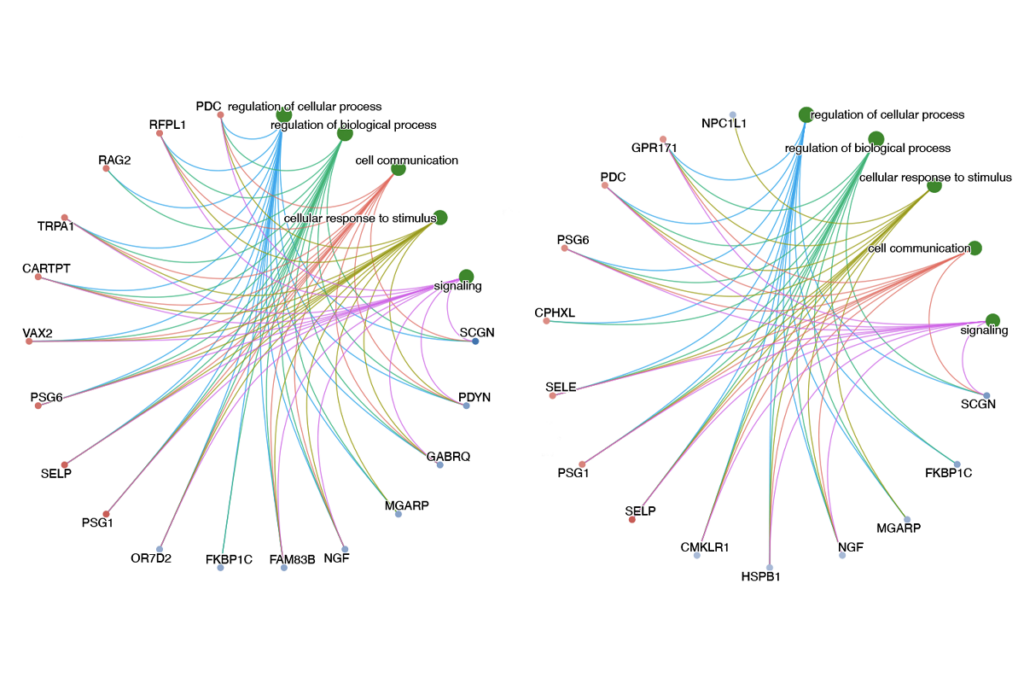Unwelcome gifts
Something wicked this way comes ― and aptly, enough, from the United Kingdom.
Something wicked this way comes ― and aptly, enough, from the United Kingdom.
There have been several troubling reports that travelers to Europe are bringing back measles and mumps, diseases that had been all but invisible in the United States for decades.
In New York City, the health department warned last week that an 8-month-old baby who had flown from Tel Aviv to New Jersey on 2 April may have exposed thousands of people to measles.
Measles is easily spread through the air, so one case could seed dozens more. The reason we havenʼt seen many cases of measles in decades is because of the effective triple MMR jab that protects against measles, mumps and rubella.
Because of school requirements, most people in the US are vaccinated against the disease, of course, but another troubling trend that has made its way to the U.S. from the U.K. is complicating matters.
Parents in the U.S., like many in the U.K., are increasingly choosing not to vaccinate their kids, citing ‘personal belief’ exemptions. As the numbers of those kids has increased, so has the incidence of diseases the vaccines are designed to prevent.
Last year, New York City saw 5 cases of measles. Already this year, the city has confirmed 10. Across the country, there are 24 confirmed cases.
As scientists reported in the New England Journal of Medicine last week, the UK also probably seeded a massive outbreak of mumps in 2006, when 6,584 people, most of them in 8 Midwestern states, came down with the disease.
In that case, 63 percent of those infected had been vaccinated with two doses of the vaccine. But the infections were the result of a virus thatʼs new to the U.S. and that had already caused a larger outbreak in the U.K.
Some of this is no doubt unavoidable when our world is so global. Still, as Jane Zucker, assistant commissioner for the cityʼs Bureau of Immunization, told me, “The best way to prevent it is vaccination.”
Recommended reading

PTEN problems underscore autism connection to excess brain fluid

Autism traits, mental health conditions interact in sex-dependent ways in early development

New tool may help untangle downstream effects of autism-linked genes
Explore more from The Transmitter

